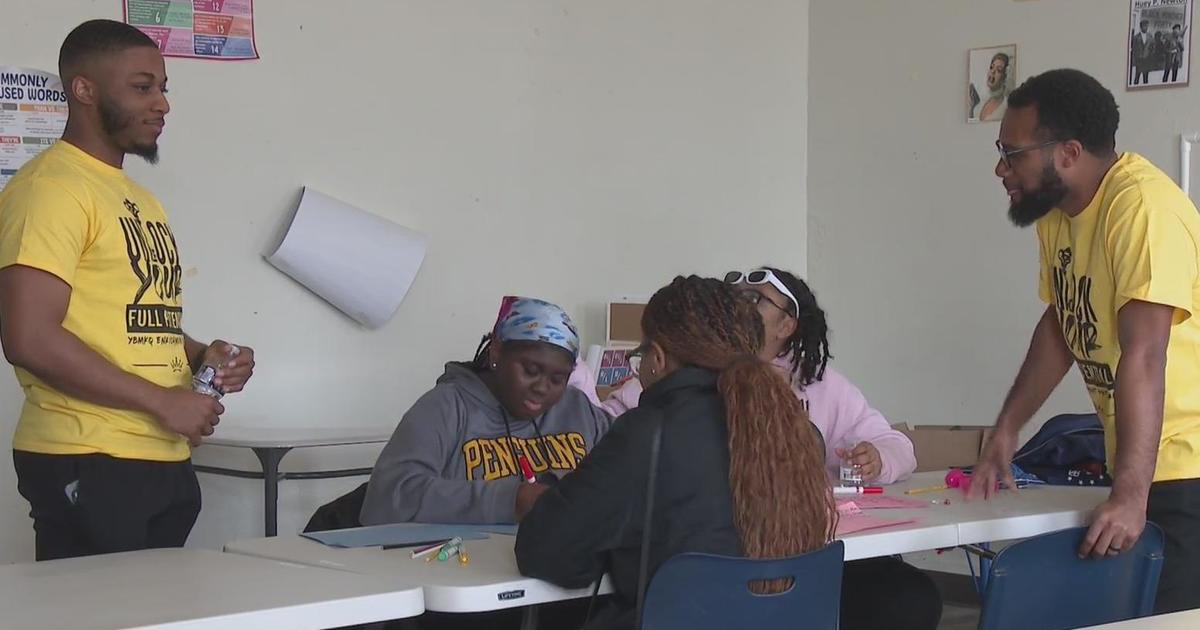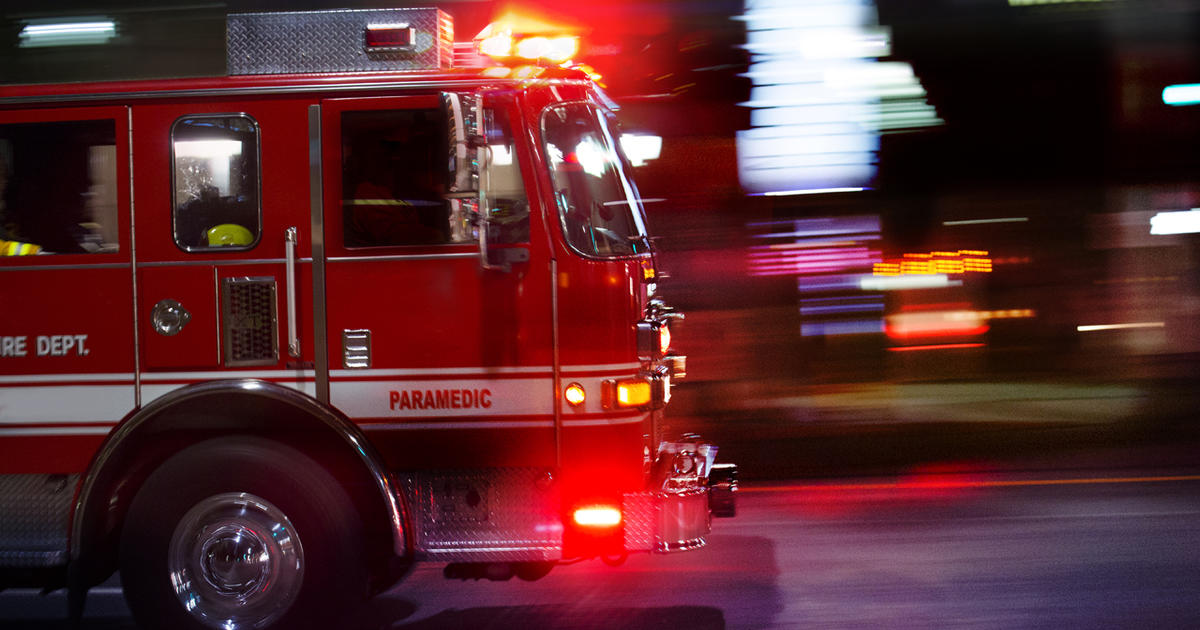Kidney Stones Becoming More Common In Children
PITTSBURGH (KDKA) -- Fifth grader Peyton Bennett can't have her favorite foods.
"Mac and cheese, chips, pizza, McDonald's," she lists.
She has a predisposition for a problem that's becoming more common in kids: kidney stones.
Her symptoms started before she could even talk.
"She would just kind of double up, and she was just two, so she didn't have words, so we couldn't figure out what was wrong," says her mother Stacy Bennett.
After pursuing diagnoses that ended up being wrong, a urine test was the big reveal and a big surprise from Peyton's doctor.
"She said, there are calcium oxalate crystals in her urine. And I mean, my jaw, like, hit the floor. 'Cause we weren't thinking, who would have thought kidney stones in a two year old?" says Stacy.
"The incidence of kidney stones in children is increasing over approximately the past ten years. the risk of a child having a kidney stone has doubled, especially in adolescents. We're seeing a higher incidence of stones in all age groups," says Dr. Michael Moritz, a kidney specialist at Children's Hospital of Pittsburgh.
The incidence has increased one percent a year over the past 15 years. The condition is affecting more of the population, going from five percent around 1990 to nearly nine percent in 2010.
Join The Conversation On The KDKA Facebook Page
Stay Up To Date, Follow KDKA On Twitter
The reason is likely the prevailing diet.
A lot of dark soda pop with phosphoric acid, a lack of fruits and vegetables, and not drinking enough fluids set up a situation where calcium comes out of the blood stream and deposits in the kidney and forms stones.
If the stones stay in the kidney, they are painless, but as they travel down the ureter, or the tube that carries urine from the kidney to the bladder, this can cause back and side pain and eventually groin pain.
"No matter how you move, no matter what position you go into, you can't get any relief," says Dr. Moritz. "People who have had them say the pain is worse than childbirth."
With enough fluid, you might be able to flush out the stone. But if it can't pass, doctors can go up through the bladder and pull it out. And there are medicines to prevent more stones.
Luckily, Peyton has had no further symptoms. But she's on a strict diet. She has to limit her sodium intake and check labels carefully. She admits, the forbidden foods are hard to resist.
"I would steal cheese, go up to my room and eat cheese, and hide the wrappers in my room," Peyton admits. "But I would get busted because my mom would find the cheese wrappers somehow."
"Every year she has 24-hour urine collection that we do, and she goes in, she has kidney ultrasounds, and we watch her diet, and the medications, and she's been great," says Stacy.



